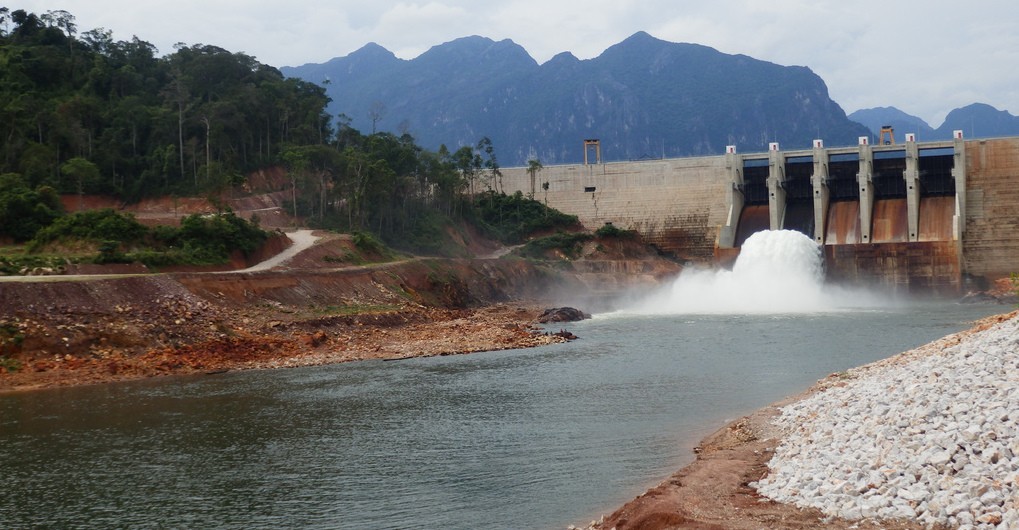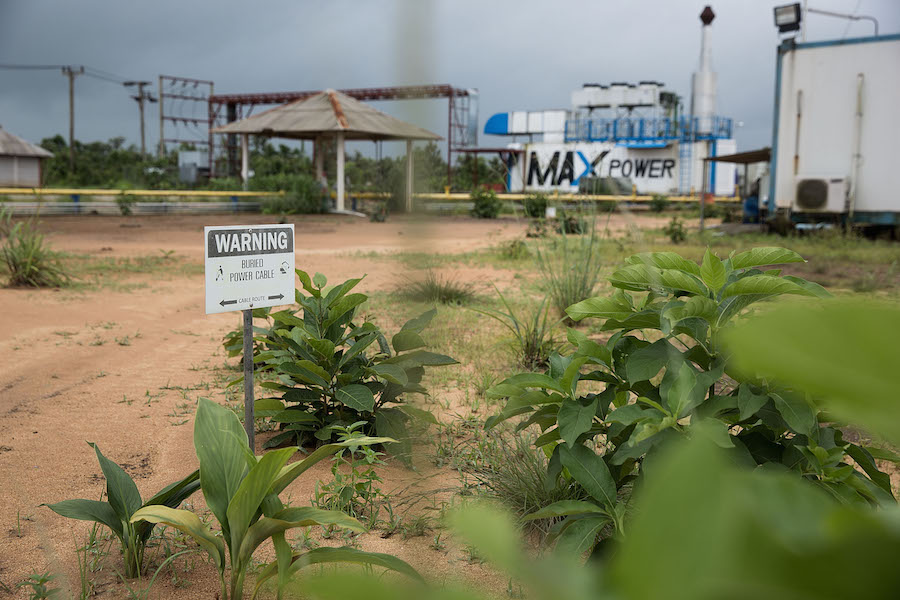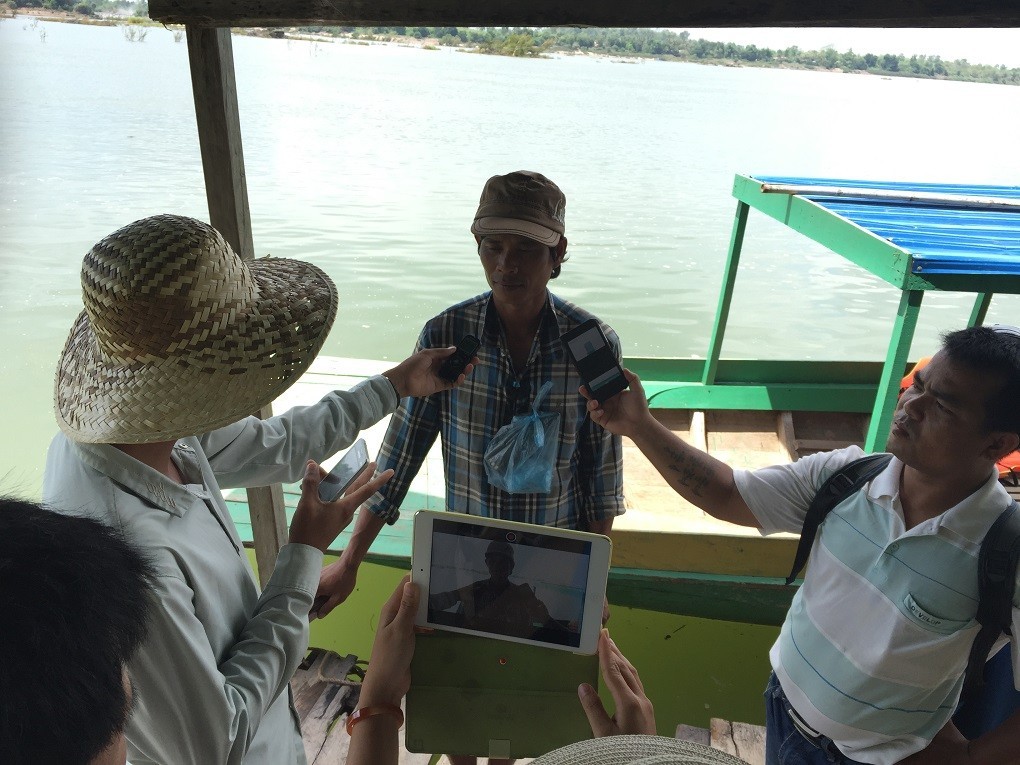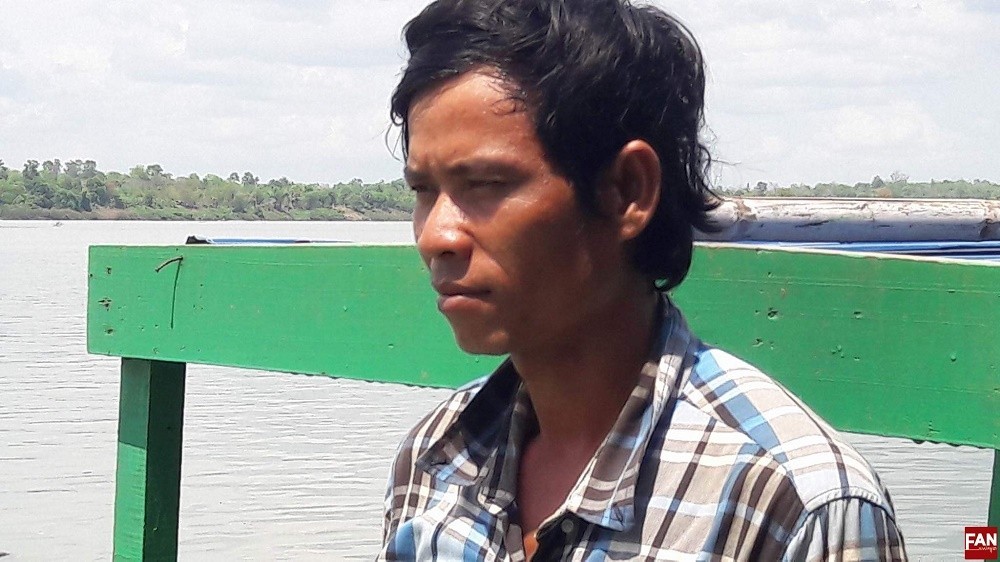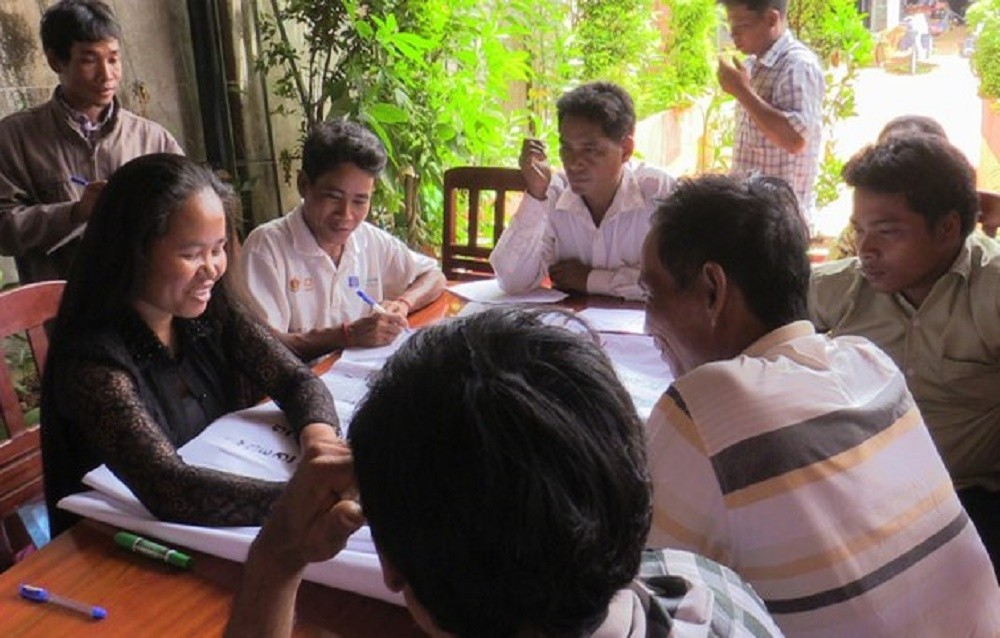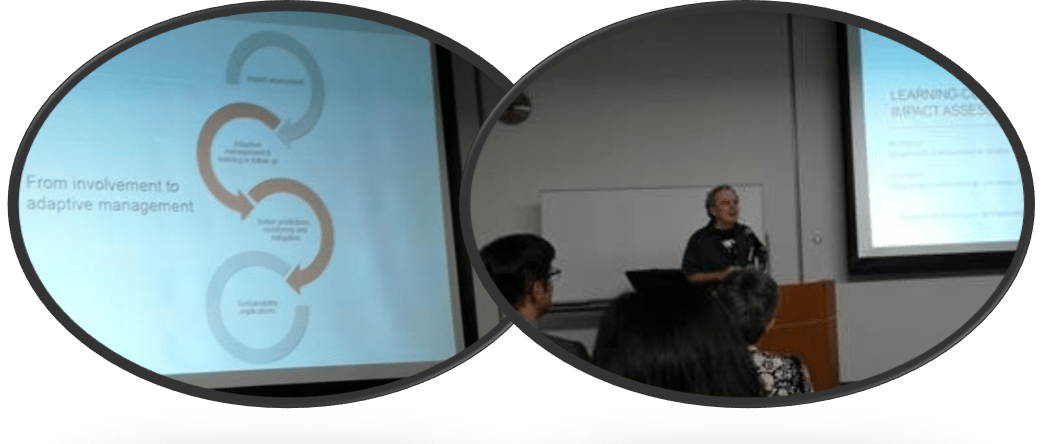Non-governmental organisations on Tuesday called on Aung San Suu Kyi to put on hold two projects with Thailand during her visit to the country.
As the government is preparing for her first visit to Thailand as foreign minister and state counsellor, 23 non-governmental groups are also making their move against attempts by the host Thailand to ink deals with Mrs Suu Kyi during her three-day trip.
“As one of the leaders in the Myanmar government, we urge you to suspend decisions on any projects, pending the completion of strategic and transboundary impact assessments; and allow people to make informed decisions, ensuring transparent and accountable investments, which mutually benefit both Thailand and Myanmar,” they said in a statement.


